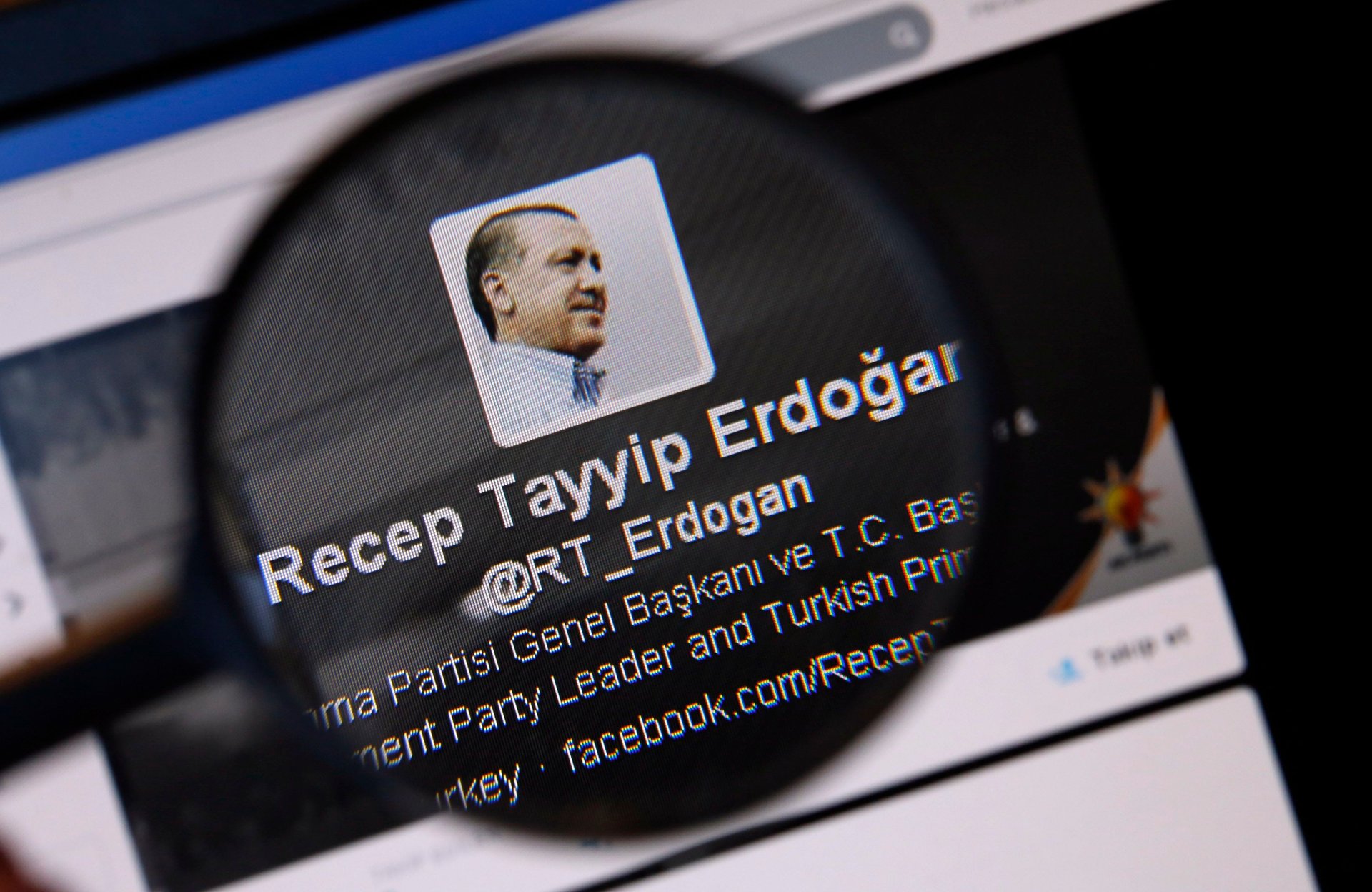RIP Politwoops: the program that kept tweeting politicians in 31 countries honest
Politwoops, a site that has been preserving the deleted tweets of diplomats, lawmakers, and politicians since 2012, has been effectively shut down by Twitter. In a controversial move, this weekend the social media network blocked all 31 Politwoops websites around the world from accessing its developer API. The sites used the API to identify deleted tweets, then curated them for the public to view.


Politwoops, a site that has been preserving the deleted tweets of diplomats, lawmakers, and politicians since 2012, has been effectively shut down by Twitter. In a controversial move, this weekend the social media network blocked all 31 Politwoops websites around the world from accessing its developer API. The sites used the API to identify deleted tweets, then curated them for the public to view.
Politwoops has documented a lot of trivial deletions, such as tweets with misspelled or missing words that were re-written for clarity, but it’s caught a few meaningful—and embarrassing—revisions, too. For example, when US army sergeant Bowe Bergdahl was released from captivity in Afghanistan in 2014, several American lawmakers tweeted messages of support for Bergdahl before deciding that maybe the sergeant wasn’t such a hero, after all, and deleting their praises.
Twitter first blocked API access for the American Politwoops site in June, reversing a long-standing agreement it had with the Sunlight Foundation, an American non-profit that advocates for government transparency, which obtained Twitter’s blessing for Politwoops shortly after launching it in the US in 2012.
Three weeks after revoking the site’s access, Twitter said:
Earlier today we spoke to the Sunlight Foundation, to tell them we will not restore Twitter API access for their Politwoops site. We strongly support Sunlight’s mission of increasing transparency in politics and using civic tech and open data to hold government accountable to constituents, but preserving deleted Tweets violates our developer agreement. Honoring the expectation of user privacy for all accounts is a priority for us, whether the user is anonymous or a member of Congress.
Sunlight Foundation president Christopher Gates said this stance was “at odds with a fundamental understanding of our democracy. A member of Congress does not and should not have the same expectation of privacy as a private citizen.” He explained:
What our elected officials say is a matter of public record, and Twitter is an increasingly important part of how our elected officials communicate with the public. This kind of dialogue between we the people and those who represent us is an important part of any democratic system. And even in the case of deleted tweets, it’s also a public part — these tweets are live and viewable by anyone on Twitter.com and other platforms for at least some amount of time.
Quartz received this statement from Twitter:
The ability to delete one’s Tweets – for whatever reason – has been a long-standing feature of Twitter for all users. We built into our Developer Policy provisions a requirement that those accessing our APIs delete content that Twitter reports as deleted or expired.
From time to time, we come upon apps or solutions that violate that policy. Recently, we identified several services that used the feature we built to allow for the deletion of tweets to instead archive and highlight them. We subsequently informed these services of their noncompliance and suspended their access to our APIs.
Politwoops is an international project that began in the Netherlands and subsequently expanded. The non-US versions are operated by the Open State Foundation (OSF). Here’s what Twitter told that group, according to an OSF statement published yesterday (Aug. 23):
Twitter said that its decision to suspend access to Politwoops followed a ‘thoughtful internal deliberation and close consideration of a number of factors’ and that it doesn’t distinguish between users. Twitter wrote: ‘Imagine how nerve-racking—terrifying, even—tweeting would be if it was immutable and irrevocable? No one user is more deserving of that ability than another. Indeed, deleting a tweet is an expression of the user’s voice.’
Some question the notion that “no one user is more deserving” of the ability to delete a tweet. As the Washington Post noted in June, Twitter already treats “verified” users differently by marking them with blue checkmarks. And it is widely accepted that public figures cannot expect as much privacy as anonymous citizens.
The reaction from media figures and open government advocates was swift and damning: